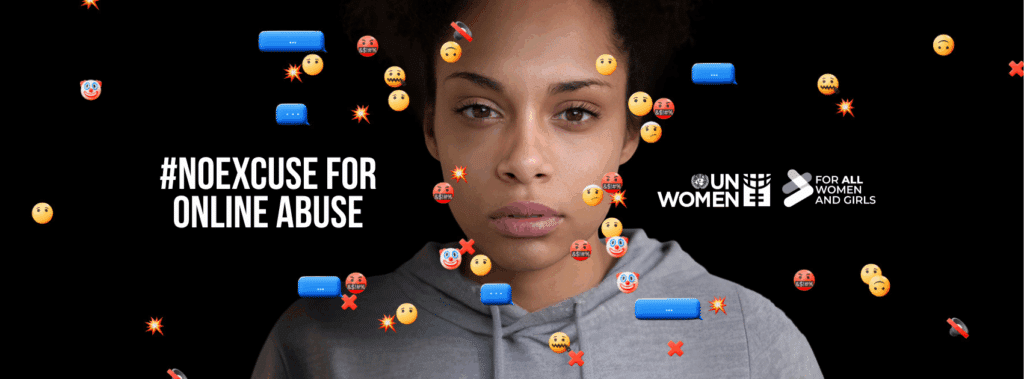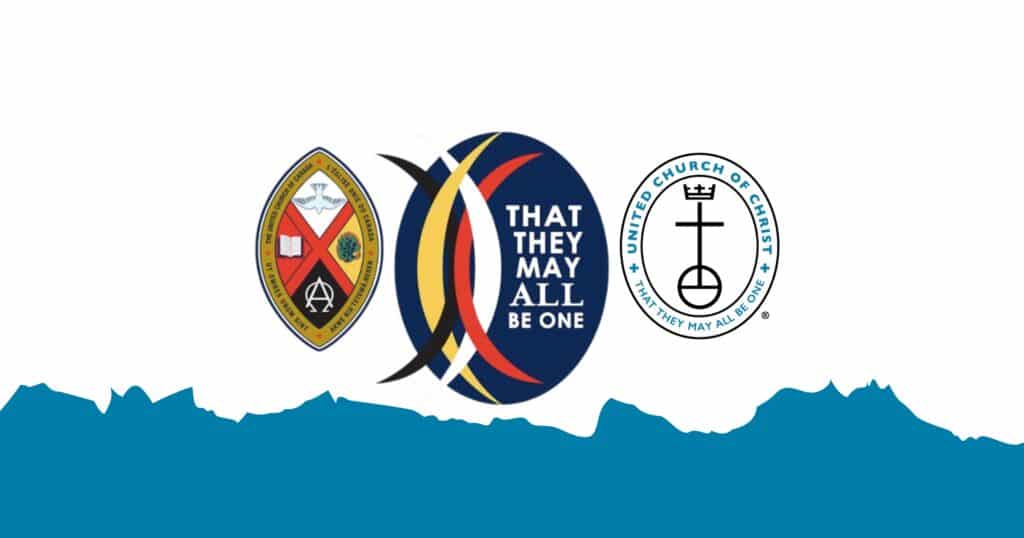Inclusive Language Covenant
From How Shall We Speak, UCC Office for Church Life and Leadership, 1993
The Inclusive Language Covenant may be used as a model for creating a similar covenant in local church, association, or conference settings.
We Believe
We believe that the imagery conveyed by language and language itself is important and that they articulate and influence our understandings of what is revealed to us about the nature and activity of God and the dignity of all God’s people as created in the image of God.
We believe that members of each generation of the church are called upon to make a relevant and faithful witness to the substance of faith and faithfulness as revealed to us in the primacy of scripture, the teaching tradition of the church, personal religious experience, and the context of living which shape and express questions of faith and faithfulness.
We believe some people have experienced the use of language and the images they convey as barriers to acknowledging that they are created in God’s own image. These people need faithful and inviting language about God which welcomes them as full and complete children of God.
We believe that concerns expressed in relation to inclusive language present us with both challenge and opportunity to renewed faith and faithfulness in what we say, sing, and write as a part of a Christian witness we make in both church and society.
We Covenant
We covenant to use language that is expansive in communicating the nature and activity of God.
We covenant to use language in such a way that gender, race, ethnicity, age, physical ability, educational attainment, financial status, and national origin not become word barriers to persons in recognizing that they are created in the image of God and are included among the people of God.
We covenant to heed and respect each other as we forthrightly confront the difficulties associated with varieties of theological language, particularly the reality that language near and dear to some is experienced as excluding by others, and as we wrestle with formulations of belief which, like the trinitarian formula, are not easily expressed in ways that are immediately or readily viewed as faithful by all.
In Honoring This Covenant
We will seek to include male, female, and gender‑neutral language and imagery for God, taking particular care to be expansive in the language and imagery chosen so that they do not inadvertently suggest that God is exclusively associated with one gender. (Examples: “God in God’s wisdom” rather than “God in his wisdom”; “O God, who watches over us as a Father and nurtures us as a Mother” rather than “O God, who watches over us as a Father.”)
We will seek to include language that helps to avoid male‑only terms in pronouns and images of people. (Examples: “people” rather than “men”; “humankind” rather than “mankind” “Give each person a Bible” rather than “Give each person his Bible”; “chairperson” or “chair” rather than “chairman”; “forebears” rather than “forefathers”; “when you become an adult” rather than “when you become a man.”)
We will seek to include language and imagery that are not pejorative regarding the different physical conditions and abilities of persons. (Examples: “People may stand” rather than “All stand”; “Persons with leprosy” rather than “lepers.”)
We will seek to include language that avoids referring to the gender, marital status, race, age, or physical ability of persons unless it is specifically relevant. (Examples: “the pastor” rather than “the woman pastor”; “John, a representative from First Church” rather than “John, a blind man from First Church”; “immigrant families” rather than “immigrants and their wives and children.”)
We will seek to include language that does not lend itself to being understood as being pejorative of persons when referring to color. (Examples: “the presence of evil” rather than “the darkness of evil” “washed clean” rather than “washed white”; “lies” rather than “white lies”; “discriminated against/excluded” rather than “blacklisted” or “blackballed.”)
We will seek to use language that avoids stereotypes. (Examples: the color, race, ethnicity, or physicality of persons being associated with social status; old people as being infirm, doddering, or no longer useful; young people as being rash or important only as the future; traits of nurturing or decisiveness being assigned by gender.)
We will seek and enter into a respectful dialogue that engages ourselves with others to find, to create, and to use worship and educational materials and programs which further our understandings and capabilities to use language and imagery in ways that are faithfully inclusive.
Related News
Who’s Next?
This week the Supreme Court agreed to oral arguments on the challenges to Presidential...
Read MoreGender and Sexuality Justice Ministries joins global movement to end violence against women, children
The Gender and Sexuality Justice Ministries (GSJM) of the United Church of Christ has joined...
Read MoreUCC and United Church of Canada celebrate a decade of ‘shared mission, mutual accountability, common hope in Christ’
Ten years ago, the United Church of Christ (UCC) and The United Church of Canada (UCCan)...
Read More

